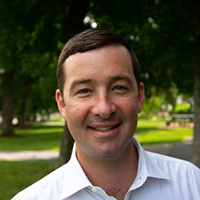Eccles DUI-DWI Lawyer, West Virginia
Sponsored Law Firm
-
 x
x

Click For More Info:
-
The Law Offices of Claude S. Smith III
805 Bigley Avenue Charleston, WV 25302» view mapCriminal Defense Law Working With Clients One On One
As your attorney, I will make sure you know that I am here for you. I will keep you updated on your case as it progresses.
800-936-8471
Jody D. Wooton
✓ VERIFIEDMotor Vehicle, DUI-DWI, Criminal, Consumer Rights, Wrongful Termination
Jody's intrigue with the legal system began about the time he was becoming a teenager. He vividly recalls observing his father and uncle working to es... (more)
FREE CONSULTATION
CONTACTJacqueline Ann Hallinan
Bad Faith Insurance, Civil Rights, Criminal, DUI-DWI
Status: In Good Standing
FREE CONSULTATION
CONTACTDavid Roger Pence
Social Security -- Disability, Government, DUI-DWI, Criminal
Status: In Good Standing
 Claude S. Smith, III Charleston, WV
Claude S. Smith, III Charleston, WV Practice AreasExpertise
Practice AreasExpertise

